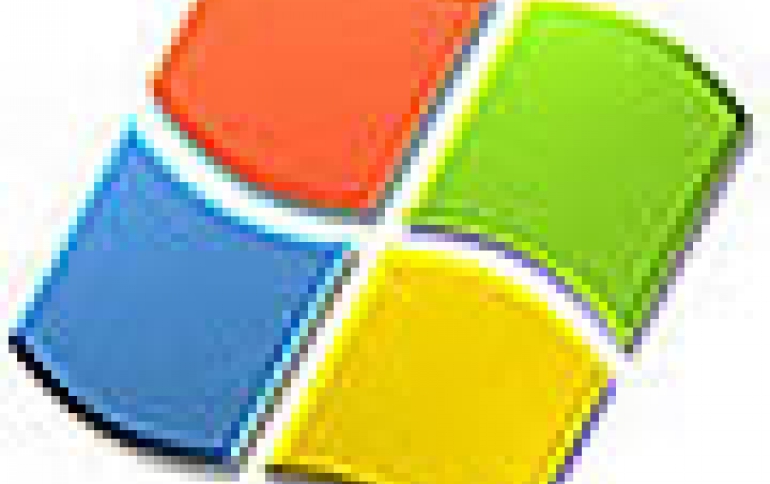
Microsoft appeals against EU sanctions
Microsoft has appealed to EU courts against the European Commission's decision to slap it with a record fine and order changes in the way it sells its Windows software, the company said on Tuesday.
"On Monday, June 7, we filed our appeal against the European Commission's decision with the EU's Court of First Instance, based in Luxembourg," Horacio Gutierrez, associate general counsel, said in a statement.
The Commission in March imposed a fine of 497 million euros ($613 million) on the firm and ordered it to change its business practices.
A spokesman for the company said it would make an additional filing seeking suspension of the remedies imposed by the Commission in the coming days.
Gutierrez said: "The legal standards set by the Commission's decision significantly alter incentives for research and development that are important to global economic growth."
The Commission's 302-page ruling says that its goal is the opposite: to increase competition.
The decision says that Microsoft's tying of its Windows Media Player to the Windows operating system "interferes with the normal competitive process which would benefit users in terms of quicker cycles of innovation due to unfettered competition on the merits."
The commission gave Microsoft 90 days to separate Windows Media Player, which plays music and video over the Internet, from its Windows operating system.
It would be up to computer makers to decide whether to ship Windows with the Windows Media Player or with a rival product, such as RealNetworks' Real Player.
The Commission also gave Microsoft 120 days to license interconnection software to ease the way for rivals to hook up their servers to Windows as easily as Microsoft does.
The Commission said Microsoft once provided the information to makers of network software -- which is used to print documents in offices and to share files -- but pulled back when Microsoft began making its own competing products.
The Commission in March imposed a fine of 497 million euros ($613 million) on the firm and ordered it to change its business practices.
A spokesman for the company said it would make an additional filing seeking suspension of the remedies imposed by the Commission in the coming days.
Gutierrez said: "The legal standards set by the Commission's decision significantly alter incentives for research and development that are important to global economic growth."
The Commission's 302-page ruling says that its goal is the opposite: to increase competition.
The decision says that Microsoft's tying of its Windows Media Player to the Windows operating system "interferes with the normal competitive process which would benefit users in terms of quicker cycles of innovation due to unfettered competition on the merits."
The commission gave Microsoft 90 days to separate Windows Media Player, which plays music and video over the Internet, from its Windows operating system.
It would be up to computer makers to decide whether to ship Windows with the Windows Media Player or with a rival product, such as RealNetworks' Real Player.
The Commission also gave Microsoft 120 days to license interconnection software to ease the way for rivals to hook up their servers to Windows as easily as Microsoft does.
The Commission said Microsoft once provided the information to makers of network software -- which is used to print documents in offices and to share files -- but pulled back when Microsoft began making its own competing products.





















